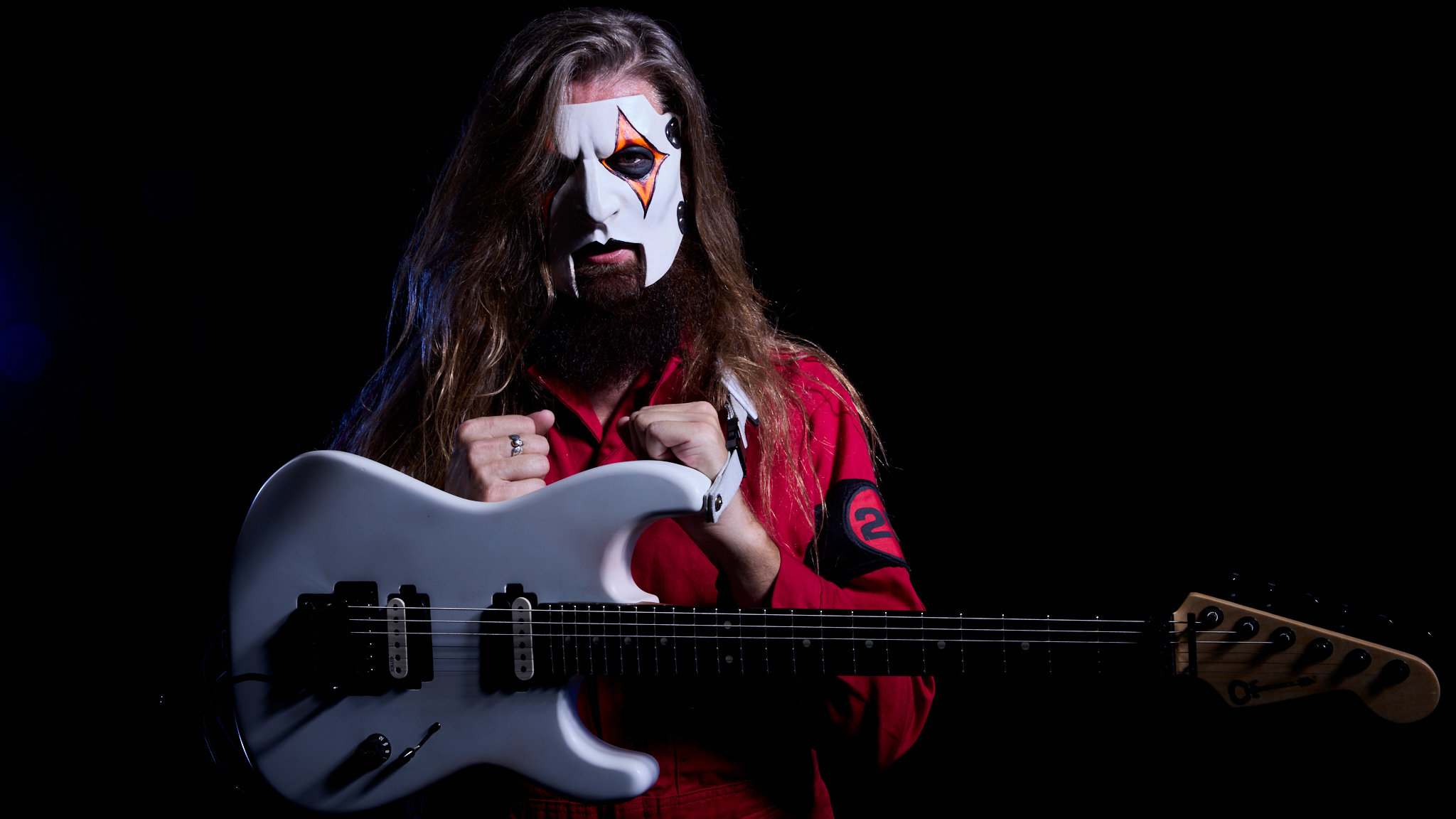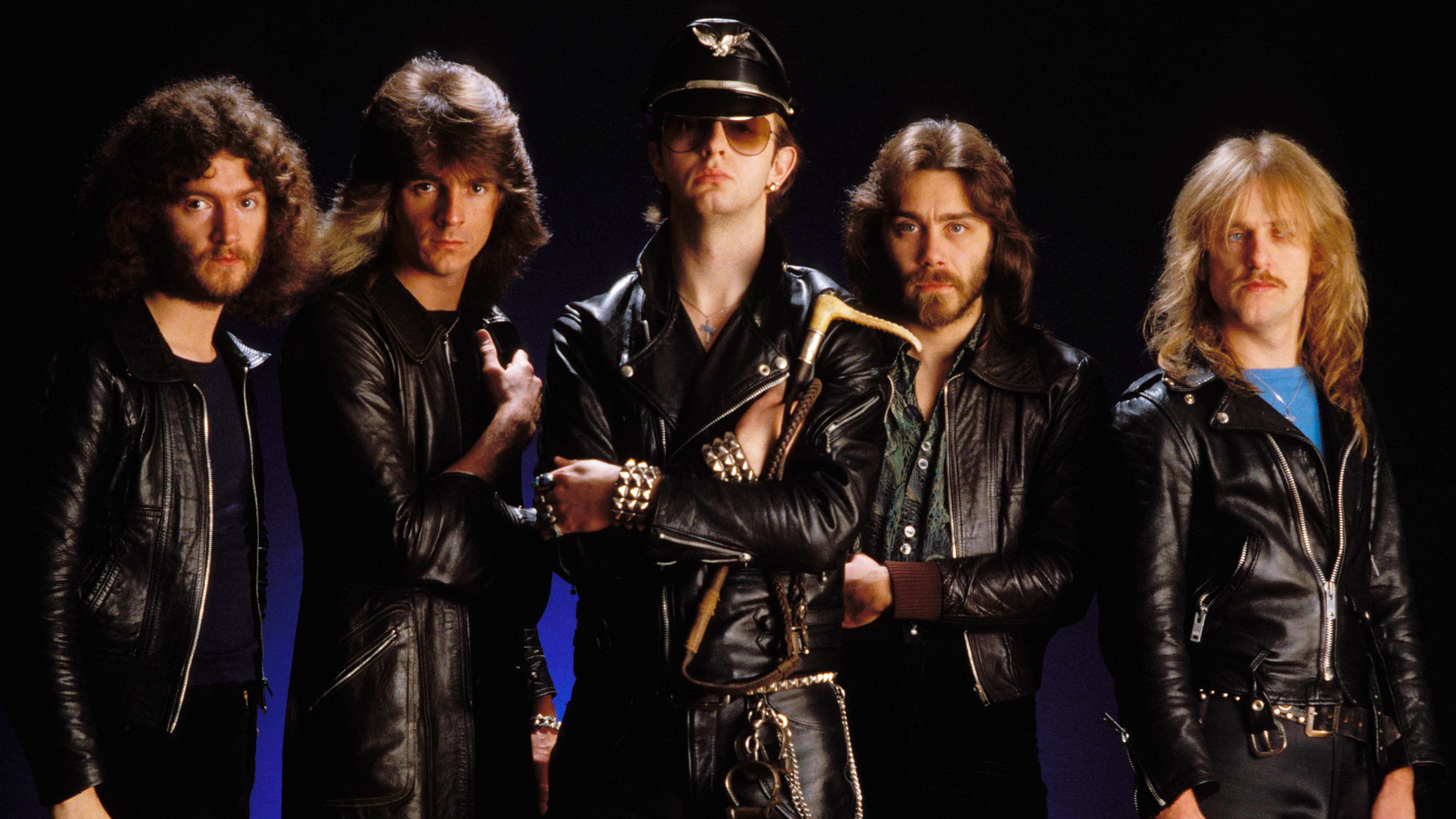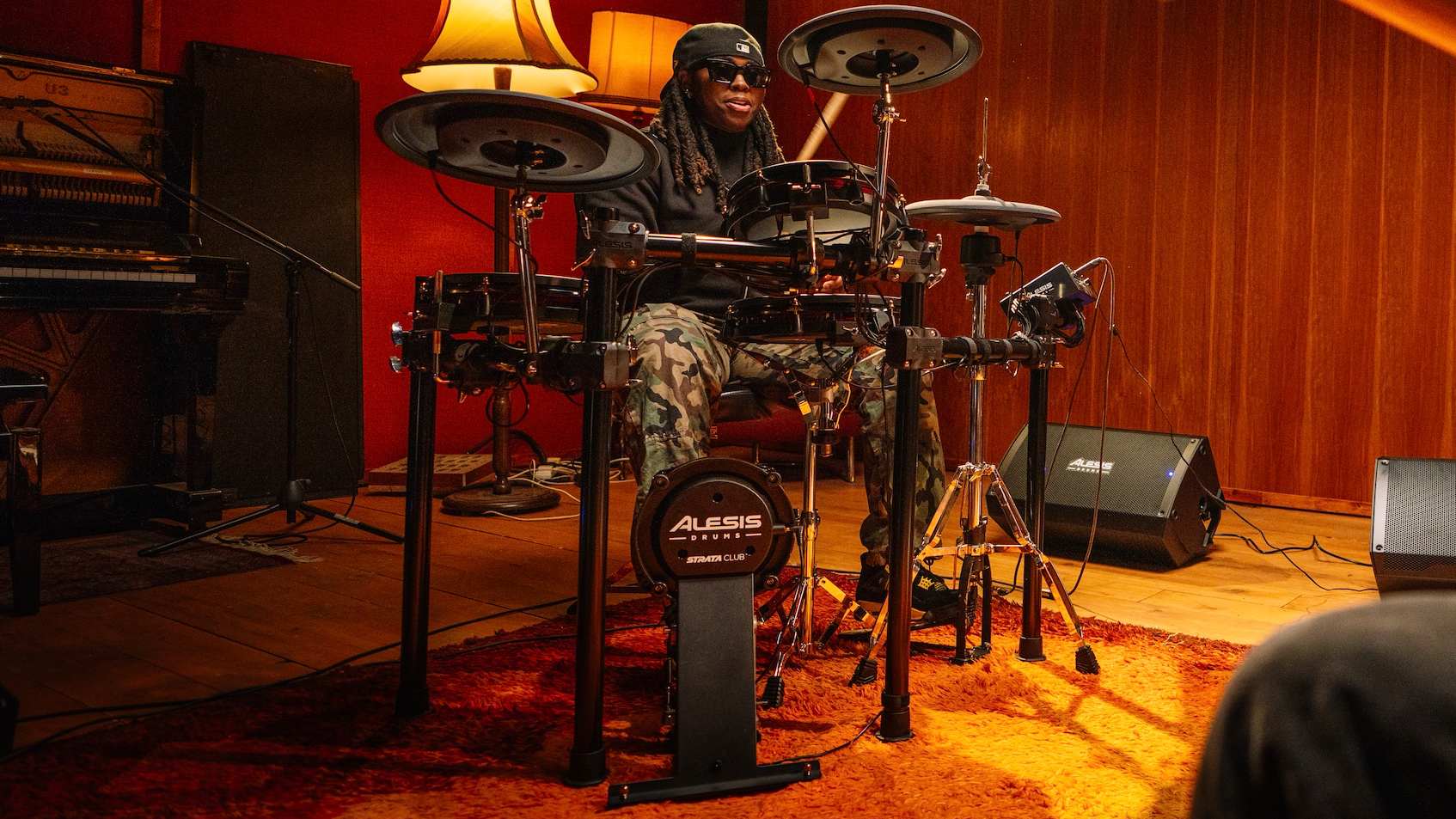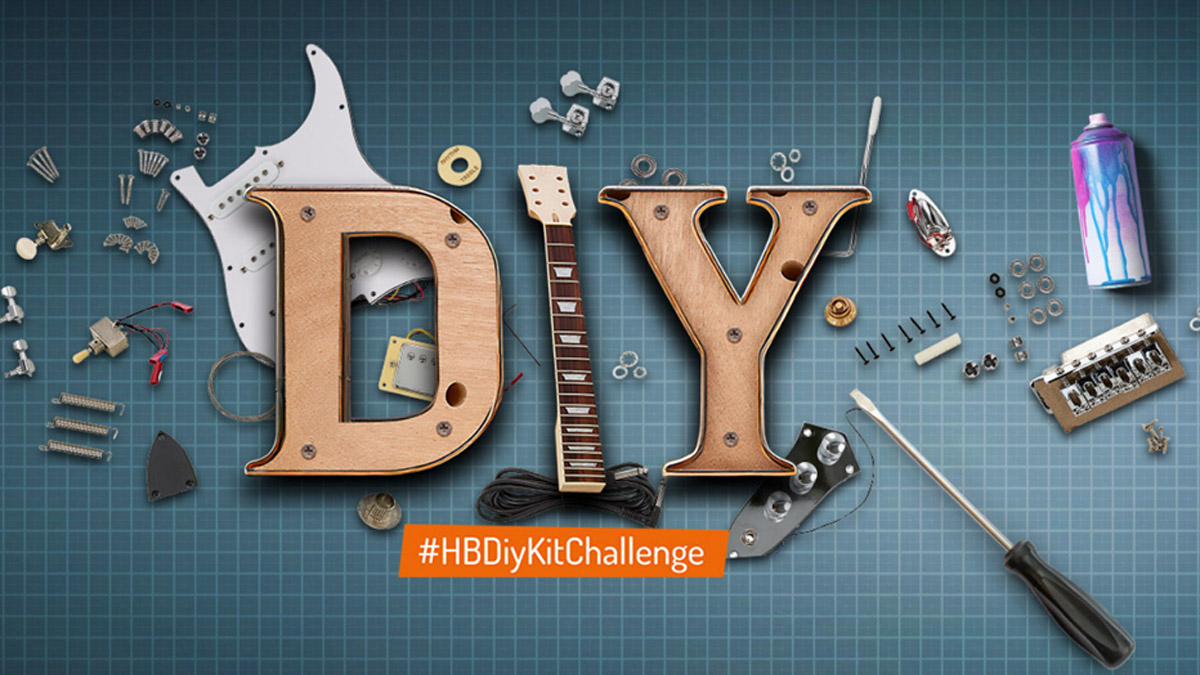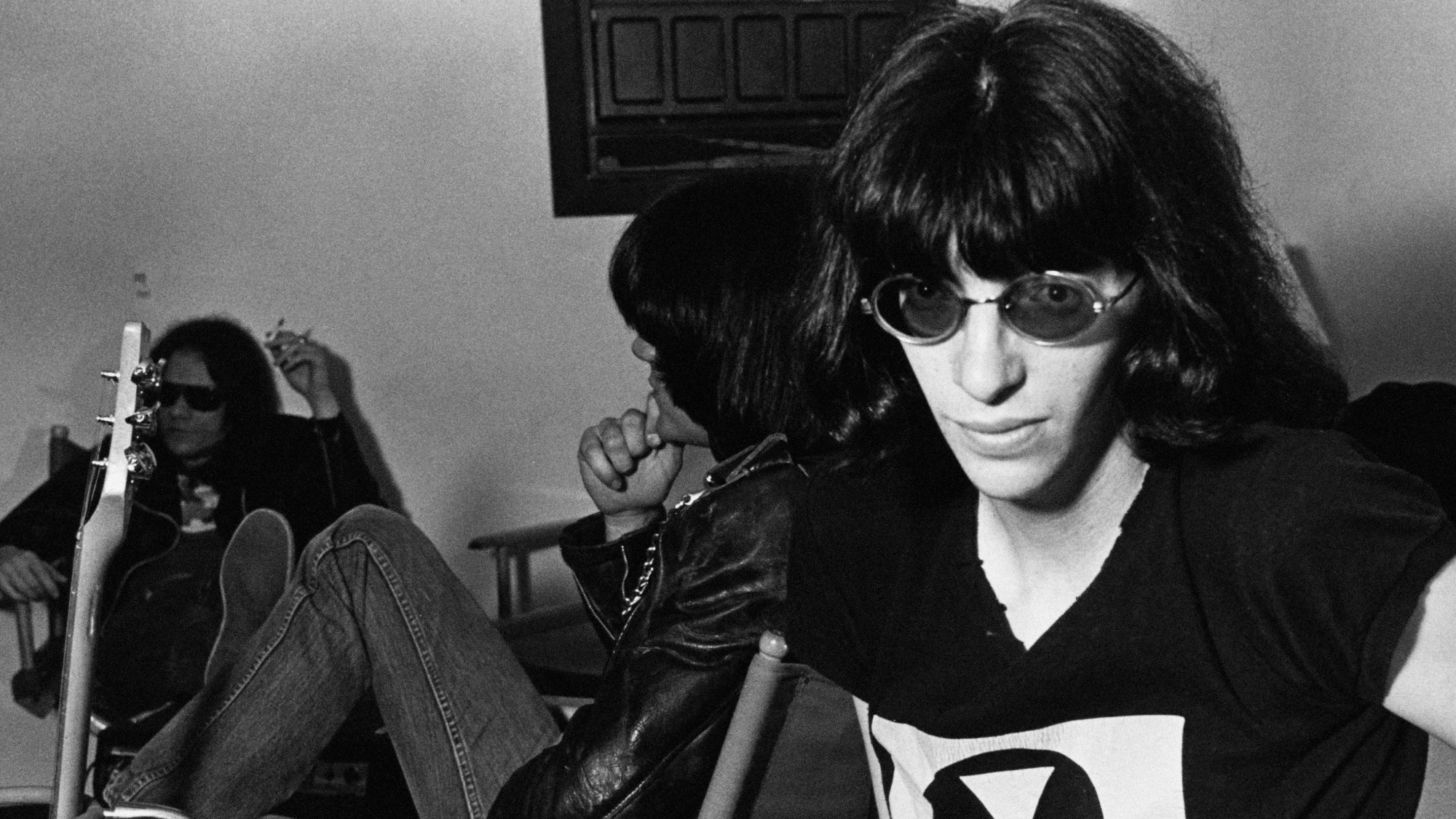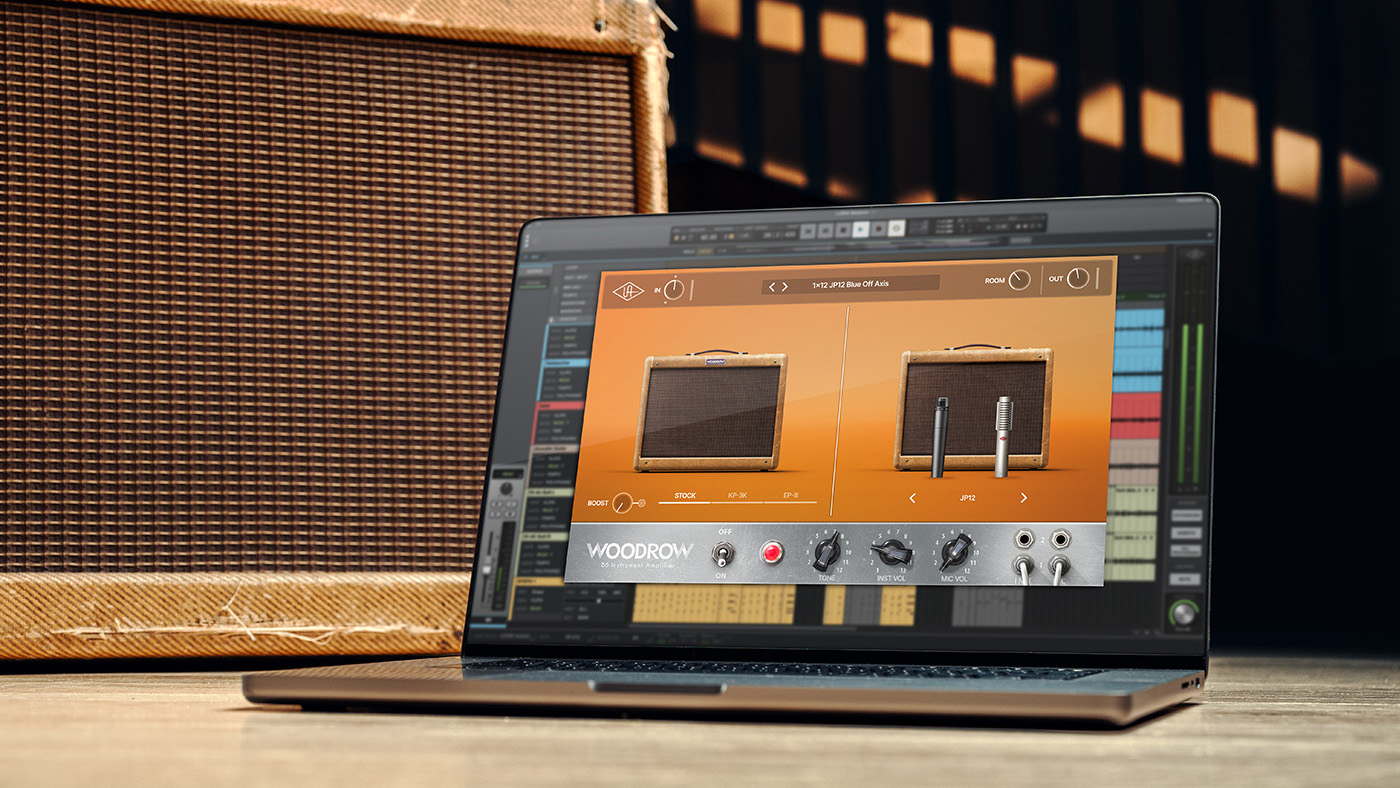Nathan East: “You become the foundation for the ‘house’, the complete opposite of being flash”
The bass maestro on playing with Clapton and passing on his knowledge
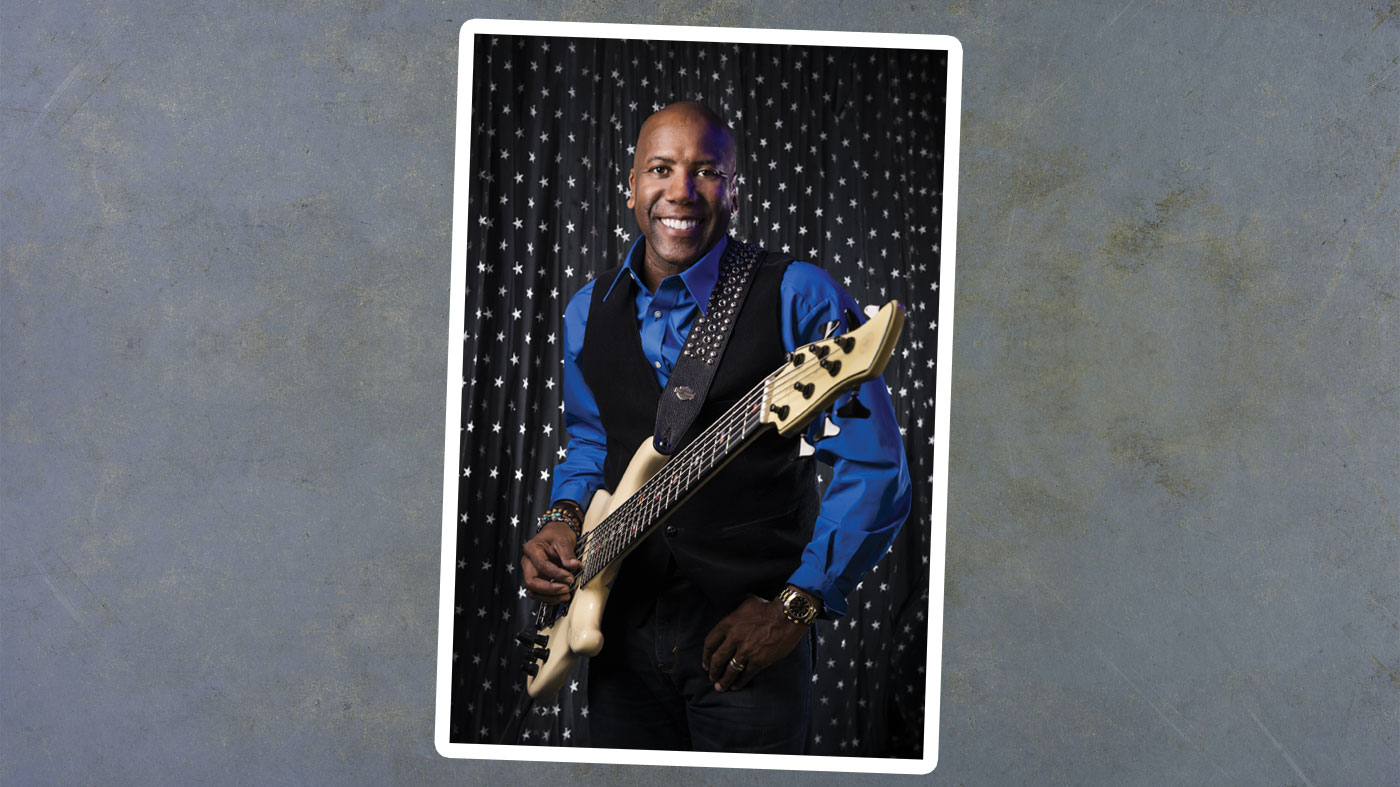
Mike Brooks catches up with the debonair bass giant Nathan East during his recent stint in London with Eric Clapton.
When your debut solo album hits the ground running, and continues that run for well over a year, racking up four weeks at the top of the US jazz charts and continually accumulating accolades, it’s fair to say you should feel overjoyed at a job well done. But how do you repeat that success? The man charged with such a task is Nathan East, Mr Cool himself.
“After all these years, I’ve learned not to expect anything - so you become pleasantly surprised if there’s any degree of success,” he says of his self-titled first album’s runaway performance on its release in 2014.
I’d need a chiropractor if I had to turn around every time Steve [Gadd, drums] tries to catch me out on a fill
“It’s been amazing: I have to credit Yamaha Entertainment Group for really getting behind it and trying to shoot it out of a cannon. And they have a very nice-sized cannon, I must say! I’m really grateful that I’m with their label, and it makes total sense having been with the company for almost 40 years as an endorsee. There was pressure to come up with the second album, Reverence, but I could feel that we were in good territory again.”
East’s relaxed nature is obvious: as he explains, even when he’s playing with Eric Clapton at the Royal Albert Hall, it feels as if he’s playing with friends.
“We rehearsed at Cranleigh Arts Centre and it felt like they were the most enjoyable rehearsals I’ve ever experienced. When we moved to the RAH, it felt like the same thing, but with an audience watching us. Our relationship with Eric’s audience is a relationship that has grown: there’s no expectation for the crowd to get up and scream any more. They know they’re going to get classics like Wonderful Tonight and Layla, and they know they’re in the presence of rock ’n’ roll royalty. I know that too!”
Watching the show on the opening night, the camaraderie within the band is obvious - and the rhythm section enjoy moments where they resemble a pair of naughty schoolboys.
Get the MusicRadar Newsletter
Want all the hottest music and gear news, reviews, deals, features and more, direct to your inbox? Sign up here.
“I’d need a chiropractor if I had to turn around every time Steve [Gadd, drums] does a brilliant move, or tries to catch me out on a fill,” he chuckles. “He’s the finest, most mature musician, and his instincts are the best of just about anyone you could ever play with. He’s like a tennis or squash player: it’s about the economics of movement, economy of energy, that’s the wisdom of a guy like Steve Gadd.”
Not that East takes the job of holding down the bottom end in Clapton’s band lightly, as he explains. “It’s one of the highest honours that you can imagine in terms of the quality of the music, the importance of the music and the feeling of family. It’s a very cool place to be, and at every stage, it’s been a thrill.”
The house that East built
As a bassist with an extensive collection of musical hats, so to speak, East is well versed in what is required from the bass chair for Clapton’s show, a relationship that goes back to 1983.
“You become the foundation and the support for the ‘house’, the complete opposite of being flash,” he says. “Sometimes I try to be invisible, just because it’s a whole other level of penetration to the hearts that are listening to it. I provide the room for Eric to do his thing, so he doesn’t have to worry about the rhythm section impeding his voice.”
It turns out that Clapton is always listening to his bassman. “After the show the other night, he asked me to turn up and be louder than him! He wants to hear it and feel it. I’m only using one cabinet on stage, a 4x10, and on shows like this, you’re totally in the hands of the sound engineer. In theory, I could lose the amp completely, because what you don’t want in the Royal Albert Hall is massive amounts of volume coming off the stage. However, Eric said ‘Crank it!’, so...”
You may know that East is part of an online teaching faculty that includes some of the biggest names in music, ArtistWorks.
I really try to articulate the importance of everything about a note - where you strike it, how you strike it, pickup placement
“I’m one of 40 faculty members and instructors, using a patented technology where students send in videos and you send responses back and forth. People had always asked me if I taught, and I felt bad not being able to accommodate them, but this felt like a way to get the ball rolling. I’ve been in the faculty for six years, and it’s grown so much.
“For bass, I think it’s important to share all the wisdom, and I really try to articulate the importance of everything about a note - where you strike it, how you strike it, pickup placement, constantly upgrading how you play for the room and the gig. Those are things you don’t really learn at Berklee and in the academic side of things. I have regular ongoing input, and the progression is constant.”
Reverence entered the charts at number one in the US and, among other esteemed guests, features the great Earth Wind & Fire bassist Verdine White, as well as EWF singer Philip Bailey.
“We’ve been friends for years,” he says. “They’re icons and superstars, so it’s humbling to be able to pick up the phone and say ‘Hey, what are you doing on Tuesday? Would you like to come down to the studio?’ Verdine had a white bass, and that’s why I got a white bass too: I wanted to be him when I was starting out. I saw EWF in 1971 in San Diego, and my jaw dropped.”
You may have seen Nathan’s son Noah working with his father on several shows - an enlightening experience for East Senior, by all accounts.
“Oh my goodness, it’s everything,” says our man. “In life, you have highlights - and then there’s playing music with your son. I remember when he was five, I realised he had perfect pitch: he has incredible ears where he can literally hear something and play it immediately. We jam together before we go to bed at night, I’m on the upright bass. It’s like jamming with an old man. There really is nothing better: I don’t take it for granted and it fills my heart with joy.”
Reverence is out now on Yamaha Entertainment Group.





